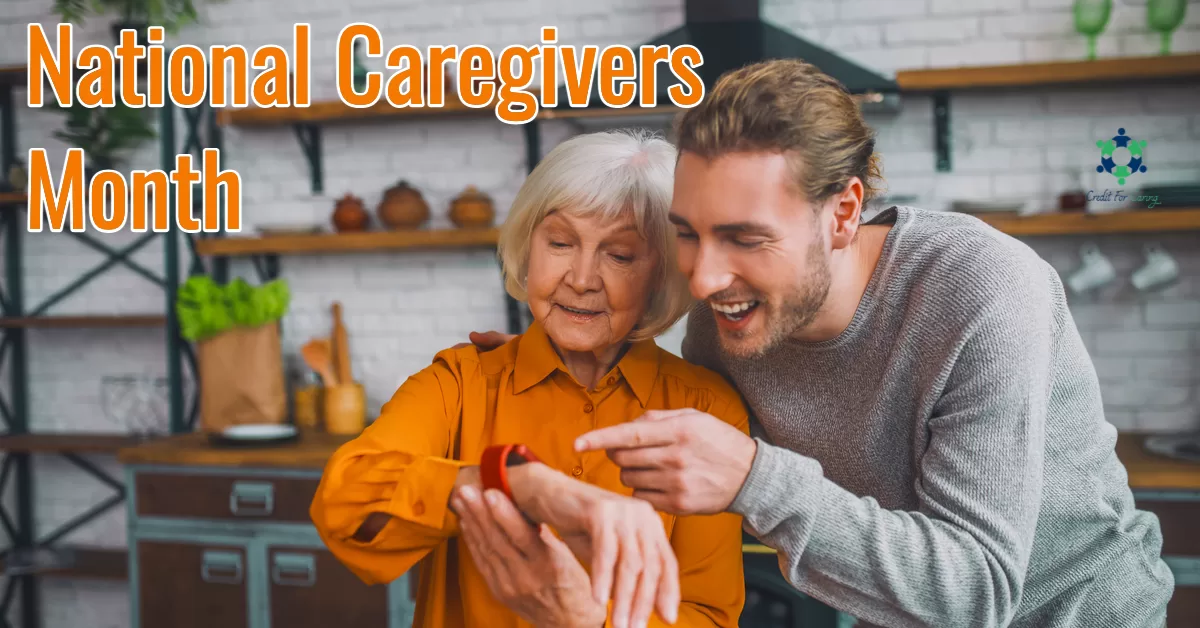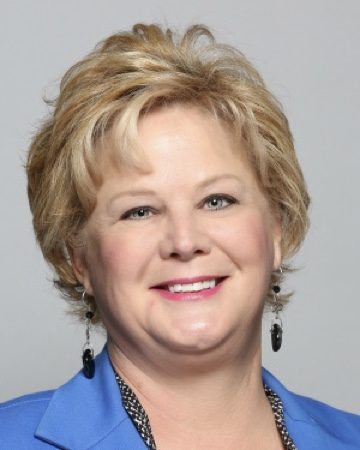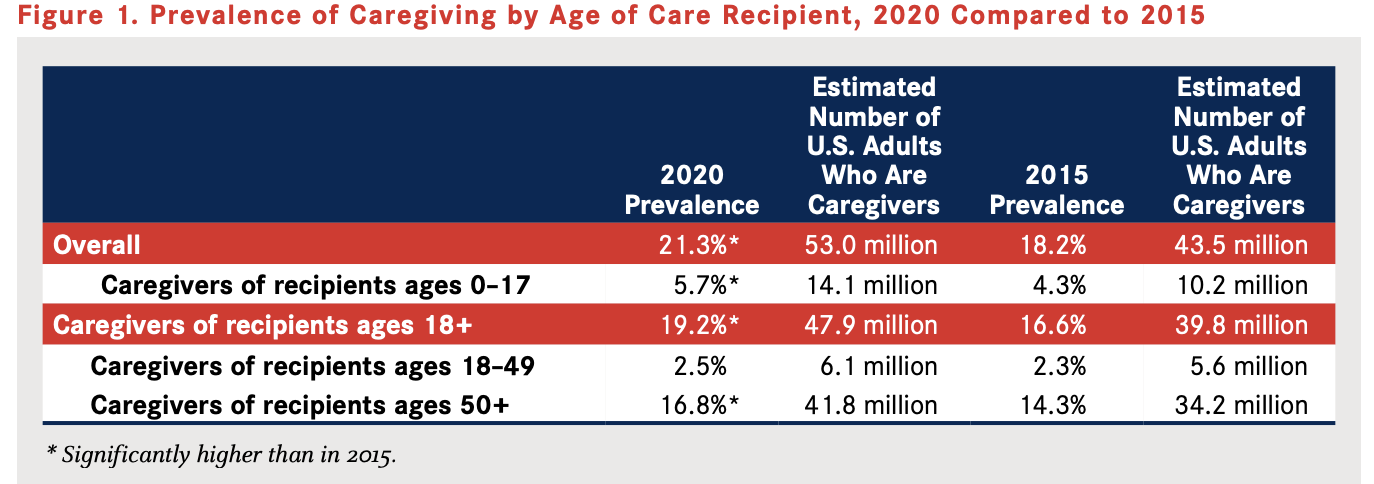
Monica Stynchula

Monica Stynchula is the Founder & CEO of REUNIONCare, Inc. a health information technology company and Credit For Caring (USPTO Trademark) virtual social worker and e-commerce technology. REUNIONCare, Inc. an SBA certified Women-owned small business.
Monica received her MSW and MPH from the University of Pittsburgh. She is a lifetime member of the Delta Omega Public Health Honor Society. Distinguished Alumnus Recipient at Seton Hill University. She is a graduate of the USA Office of National Coordination HITECH health information specialist completing her designations as HIT Pro and CPHIMSS.
To learn more about Monica, connect with her on social media below:Monica Stynchula is the Founder & CEO of REUNIONCare, Inc. a health information technology company REUNIONCare, Inc. an SBA certified Women-owned small business. Monica received her MSW and MPH from the University of Pittsburgh.
AARP Public Policy research estimates that unpaid family caregivers save the country $470 Billion in annual spending. Caregivers dedicate an extra 22 to 40 hours to this role, some work 24/7 without a break on the horizon. Like everything in life, there are tradeoffs and payoffs that enrich our lives.
1. The TransAmerica Institute on Caregiving survey found that 74 percent of caregivers say they are in excellent/good health, 17 percent indicate their general health has gotten worse/declined since becoming a caregiver. In addition, 55 percent of caregivers say their caregiving duties leave them physically or emotionally exhausted. The rates of social isolation and mental health disorders skyrocketed during the pandemic but especially for caregivers.
2. Caregivers have reduced work productivity according to a study by The National Alliance on Caregiving and MetLife costing employers $33.6 billion annually. Imagine sitting at work trying to meet a project deadline on an inadequate amount of sleep and distracting calls from home, making doctor’s appointments, picking up medications and the list goes on and on.

3. Lack of options confronts many families due to the high cost of long-term care. In addition, the pandemic aftermath has reduced the size of the healthcare workforce further limiting opportunities for care. Ninety-five percent of American seniors are living on fixed incomes inadequate for private duty paid care at home. Adult day care and childcare remain out of reach for many families contributing to what is now called the Great Resignation.
4. Multigenerational families that assume caregiving responsibilities have difficult financial choices to make. There are no right or wrong answers just difficult choices that impact the entire family. The Caregiving in the U.S., study depicts the increase in family caregiving over the past decade.
5. The enormous joy and love that caregiving brings to our lives. This year’s National Family Caregiver Awareness Month comes as we prepare for the holidays and gatherings with family and friends. It is my hope that we rededicate ourselves to caring for each other.



